Love, loss, and hope in Tehran
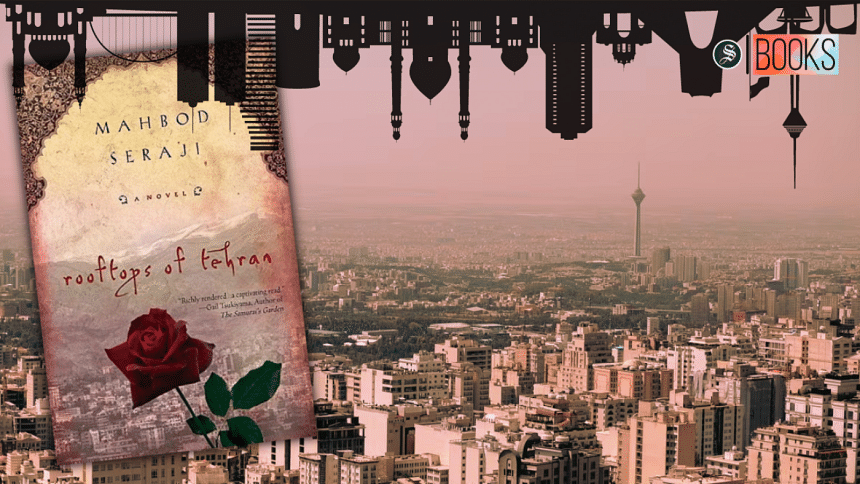
The book cover and title on my Instagram feed caught my attention. Rooftops signify freedom and I wondered how Tehran was related to it, given the recent Mahsa Amini incident. A single red rose against the backdrop of a city surrounded by snow-capped mountains spelled beauty, warmth, and a heady aroma for me. I decided to order a copy.
Mahbod Seraji is an Iranian-American author who was born in Iran and moved to the United States in 1976. He obtained his Bachelors, Masters, and Doctorate degrees from the University of Iowa. Rooftops of Tehran is his debut novel that received critical acclaim in the United States.
Published in 2009, the book traces a summer in four teenagers' lives in 1970s Iran when the regime ruled with an iron hand. A glimpse into Persian culture shows us that it's not as strict as it's made out to be; middle-class adults drinking Vodka was nothing out of the ordinary. However, the political landscape laid a heavy hand on the lives of the natives, not sparing the protagonists of this novel.
The redolent summer days, afternoons, and nights of Pasha Shahed, his best friend Ahmed, and their love interests Faheemeh and Zari are short-lived. When Pasha accidentally reveals to the secret police the hiding place of Doctor, Zari's fiancé and a political activist, all hell breaks loose.
Overnight, the saffron summer afternoons and evenings of dreamy stargazing tumble into a tale of grief, guilt, and pain. Zari's sudden and reckless act plunges the life of Pasha and his friends, family, and neighbours into a deeper abyss. The set of bubbly teenagers turns sombre over an unforgettable summer as they come to terms with reality.
Those of us who have experienced acute love and loss—the main themes—will find this read a relatable one. The secondary themes of unity, standing up for the weak, resilience, and hope are the supporting pillars. It's an emotional read and I felt the frustration, pain, anger, loss of faith, heartbreaks, and all the little and big joys through the main characters.
The strong bonding of family, friends, and neighbours is what binds the characters through the spell of physical and mental upheaval. The underlying theme of not raising a hand against those who are weaker is particularly striking, especially given the current affairs in Gaza and other parts of the world. Pasha's father taught him boxing but also made him promise not to use it except to defend himself.
Seraji uses evocative language to help the readers visualise the neighbourhood alleys where kids play football, young love blossoms, and fist fights break out, the rooftop where dreams are woven, and the quaint gardens where there is only warmth and happiness.
But his strength lies in the way he depicts the characters and the strong emotions. I could feel Pasha's burning love for Zari and how his sense of honour stopped him from expressing it as she was already engaged. The utter surprise and chaos that followed after Zari joined a procession to greet the Shah knocked the wind out of me. The mental and psychological turmoil that Pasha goes through is palpable.
The characters are quite simple. Pasha is somewhat shy and reserved whereas his best friend, Ahmed, provides a nice contrast as a funny character. While Pasha's mother is traditional, his father is a modern man who wishes for an American degree for his son. Zari is an intelligent character with immense strength and courage, much of which, I imagine she gathered from Doctor.
The cadence of the novel is measured and takes the reader on a journey of highs and lows, just like the political and social changes in the country. By the end of the novel, I was left with a warm feeling after the joyous beginning and the tumultuous middle.
Symbolism plays a big role in the Rooftops of Tehran. The roof is a world away from the political reality below. It's a place where Pasha and Ahmed are free to think aloud and where Pasha and Zari can be alone without being judged by society. The rosebush that Pasha plants in the neighbourhood symbolises the blood shed by the revolutionaries and that the neighbours take care of it while Pasha is in hospital represents keeping the hope and dreams of the revolutionaries alive.
Rooftops of Tehran is a powerful novel that portrays the strength of human resilience and the pain of oppression. It shows us that love blossoms despite the circumstances and that when life deals us a blow, hope sprouts through our cracks. It's a highly recommended and emotional read that leaves a lasting impression.
Zertab Quaderi is an SEO English content writer and social media and marketing consultant by day and a reader of both fiction and non-fiction books by night. In between, she travels and dabbles in watercolour painting.

 For all latest news, follow The Daily Star's Google News channel.
For all latest news, follow The Daily Star's Google News channel. 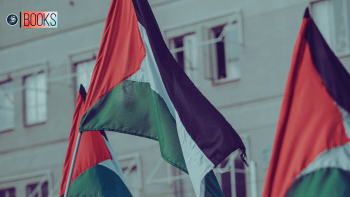
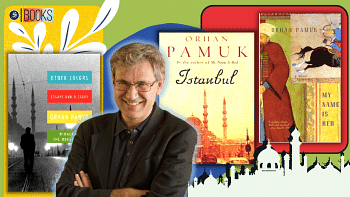




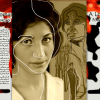
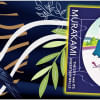




Comments